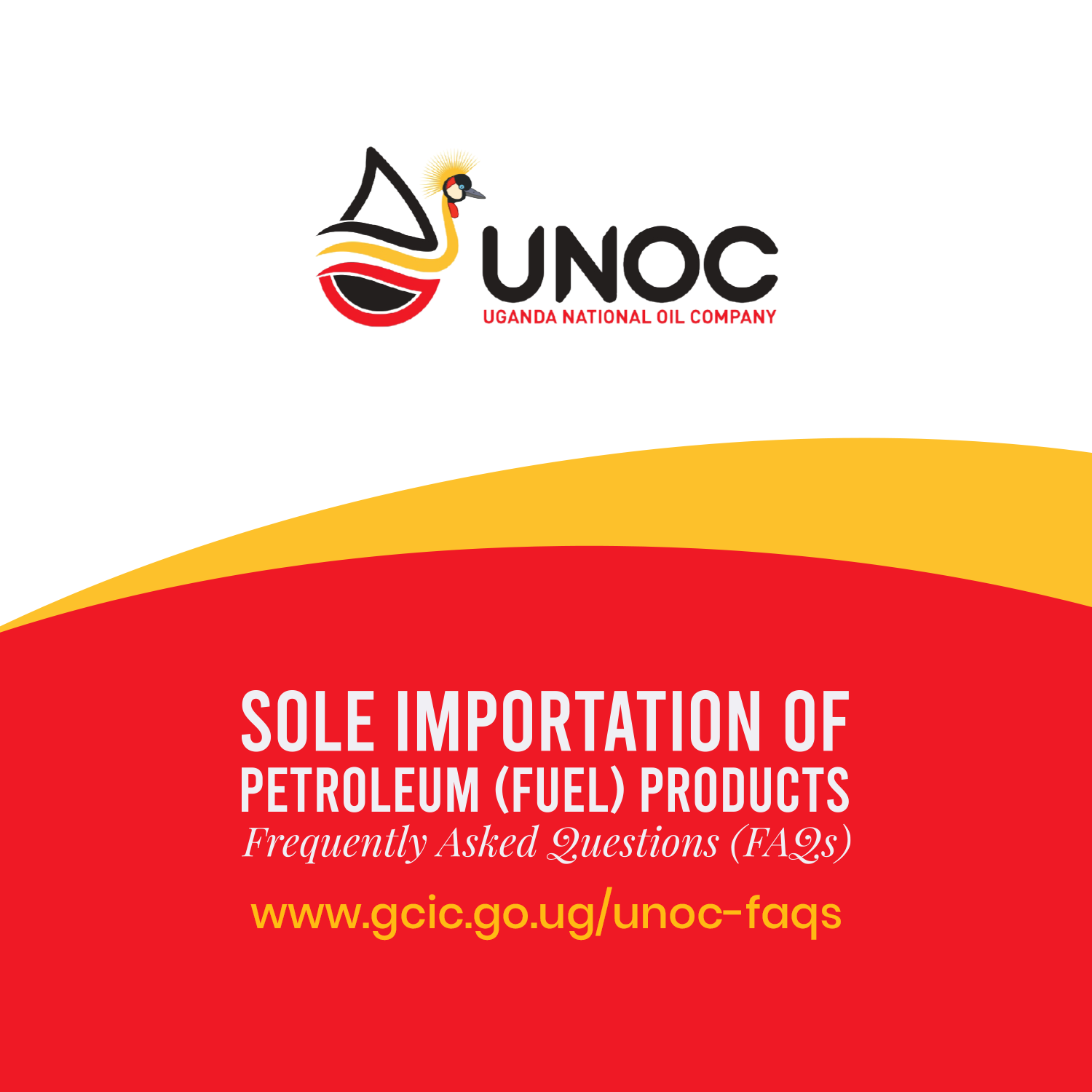The National Environment Management Authority (NEMA) of Uganda has embarked on a mission to restore the country’s wetlands to their former glory. Wetlands are vital ecosystems that provide numerous benefits, including rainfall formation, biodiversity conservation, water quality improvement, flood control, climate change mitigation, erosion control, groundwater recharge, economic benefits, recreational opportunities, educational and research opportunities, and cultural and heritage preservation.
Uganda’s wetland cover has been dwindling, from 15.6% in 1994 to 8.9% in 2019. However, thanks to conservation efforts, there has been a slight recovery, with the latest assessment indicating a slight improvement to 9.3%.
To prevent further loss of wetlands, NEMA has suspended approvals for wetland developments, effective September 2, 2021, until further notice. This decision excludes critical public infrastructure like roads, pipelines, railways, and telecommunication infrastructure, provided they are guided by environmental and social impact assessment processes.
Efforts to restore degraded wetlands have been ongoing, with the most recent being the restoration of Lubigi Ecosystems and other operations in Lwera Wetlands, Lurindo Wetland in Rukungiri, Akadot Wetlands in Kumi, Kanyabukanja Wetland in Buhweju, Kole Wetlands in Kole, Rwizi Wetlands in Mbarara, Kitagata Wetlands in Bushenyi, Kanyabukanja Wetland in Buhweju, Pece Wetland in Gulu, Nakaiba in Masaka, Kyabwato, and Rwengwe Wetlands in Ntungamo.
Restoring wetlands involves removing the degrading activity, issuing restoration orders to encroachers, and giving them 21 days to restore, leave, or appeal to the court. If the encroacher fails to comply, the government can remove them by force and restore the wetland at the cost of the degrader.
In the case of Lubigi Ecosystems, restoration orders were issued, and people were warned to leave as far back as February–April 2016. Satellite images show that the majority of the encroachments occurred between 2011 and 2015, with evictions and re-entry ongoing since then. Currently, 214 households have been removed, with 101 more due for removal.
This exercise is not limited to Lubigi but is a countrywide effort to restore all degraded wetlands. NEMA calls upon everyone in wetlands to vacate peacefully to avoid inconveniences that may come with enforcement operations.
Compensation is not expected, as encroachers are supposed to compensate the government for the cost of restoration. Selective enforcement is not the aim, but rather prudence to avoid the loss of public funds in avoidable compensations.
NEMA plays a regulatory, monitoring, supervision, and coordination role, while day-to-day management of wetlands is vested in local governments, urban authorities, and the Department of Wetlands Management, Ministry of Water and Environment.
In conclusion, the protection of the environment is crucial for human well-being and economic transformation. We cannot succeed as a human race if we destroy the environment. No amount of money can buy rainfall, pollinate crops, prevent disasters and epidemics, or create alternative air to breathe. Environment protection is life itself. We either protect the environment or perish together.
Let us work together to preserve Uganda’s wetlands for future generations.





